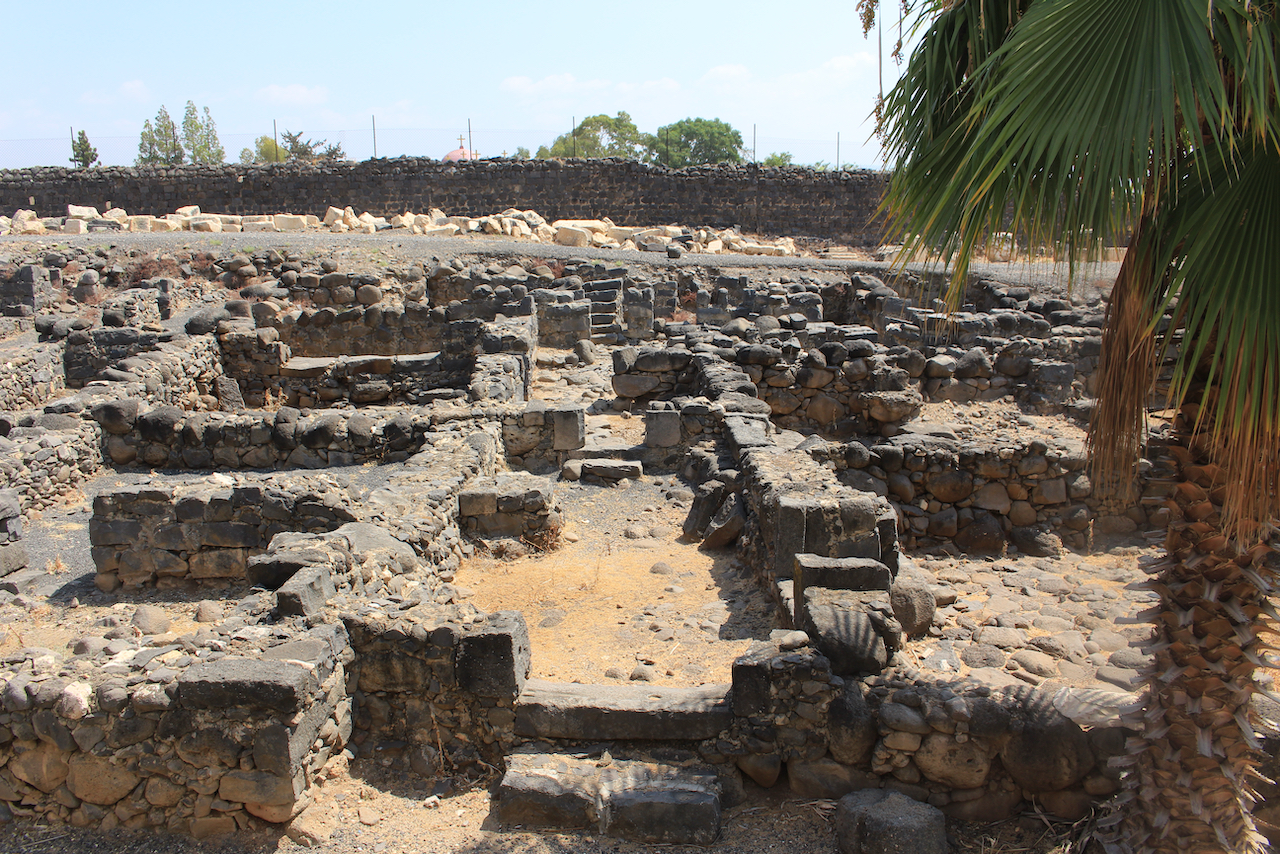“When he came to Galilee, the Galileans welcomed him, since they had seen all that he had done in Jerusalem at the festival, for they, too, had gone to the festival. Then he came again to Cana in Galilee, where he had changed the water into wine. Now there was a royal official whose son lay ill in Capernaum. When he heard that Jesus had come from Judea to Galilee, he went and begged him to come down and heal his son, for he was at the point of death. Then Jesus said to him, ‘Unless you see signs and wonders you will not believe.’ The official said to him, ‘Sir, come down before my little boy dies.’” (John 4:45-49 NRSVUE)
Jesus had spent time in Jerusalem and returned through Samaria. Finally he was back ‘home’ in Galilee and was welcomed by the people. They had seen “all that he had done in Jerusalem at the festival”, which caused many to believe.
“When he was in Jerusalem during the Passover festival, many believed in his name because they saw the signs that he was doing … He came to Jesus by night and said to him, ‘Rabbi, we know that you are a teacher who has come from God, for no one can do these signs that you do unless God is with that person.’” (John 2:23; 3:2)
Word was spreading about what Jesus could do. This reached the ears of a royal official who seemed to be based in Capernaum. We don’t know any more about him. The Greek word is literally a “king’s man” so most likely he was an official of Herod who was tetrarch of Galilee.
He heard about Jesus and his son was ill. In fact, from the Greek imperfect tense, this boy had been ill for some time. As a father he was growing desperate. So he came to Jesus when he learned that he could do miraculous things. He begged Jesus to come with him to Capernaum and heal his son – he was about to die.
Jesus asked him, in essence, how he could believe he could do this without first seeing his power for himself. But there was no time. The father was desperate for his son to live. So he once again implored Jesus: “Come down before my little boy dies”.
“Jesus said to him, ‘Go; your son will live.’ The man believed the word that Jesus spoke to him and started on his way. As he was going down, his slaves met him and told him that his child was alive. So he asked them the hour when he began to recover, and they said to him, ‘Yesterday at one in the afternoon the fever left him.’ The father realised that this was the hour when Jesus had said to him, ‘Your son will live.’ So he himself believed, along with his whole household. Now this was the second sign that Jesus did after coming from Judea to Galilee.” (John 4:50-54)
Jesus didn’t go with him – but he didn’t need to go. He simply told the official that he could return home because his son would live. The man accepted this and left, believing what Jesus had told him.
The official met his slaves on the road as he was travelling home. They told him that his son was recovering. When questioning them he discovered that his son began to get better at the exact time Jesus had said he would live. How astonishing! Or is it? If Jesus can heal then distance should not be a problem for him.
The man and his household believed in Jesus because of this sign. Jesus’ miraculous signs point to who he is.
“Now Jesus did many other signs in the presence of his disciples that are not written in this book. But these are written so that you may continue to believe that Jesus is the Messiah, the Son of God, and that through believing you may have life in his name.” (John 20:30-31)
With all the evidence we have recorded in scripture, do we believe?
Photo of excavated homes in Capernaum by Jon Galloway, 2022.
Readings for next week: 1 John 4-5; 2 John; 3 John; John 1-4
- Jesus our Passover Lamb - 2026-01-23
- Growing in faith despite difficult circumstances - 2026-01-16
- God’s temple - 2026-01-09
